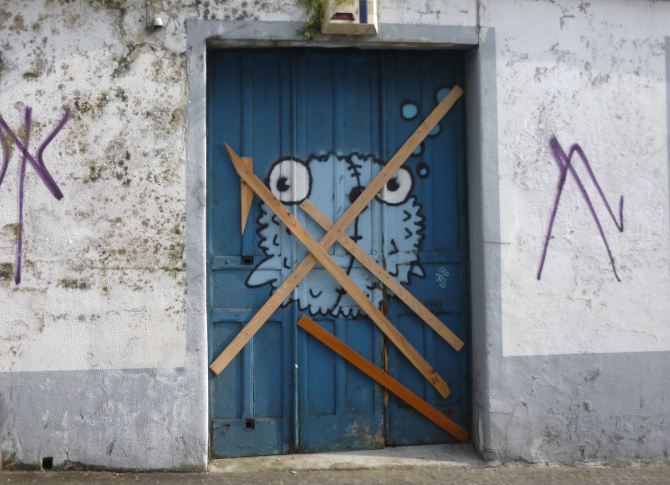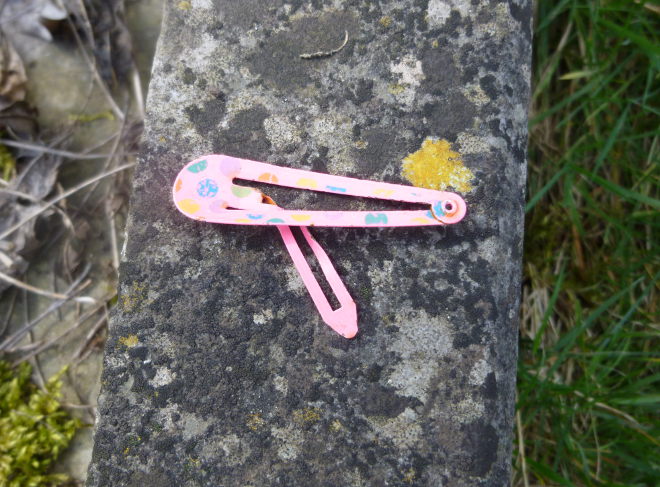 I recently experienced the joy of arriving home to a package full of poetry collections from the inestimable Seren Books. It got me wondering what a collective noun for poetry collections should be. A library seems too literal, so I began thinking about what poetry offers – how it provides the space to pause and reflect before carrying on with the busy act of living. So, a poetry collection is a coppice, in the forest of everyday life.
I recently experienced the joy of arriving home to a package full of poetry collections from the inestimable Seren Books. It got me wondering what a collective noun for poetry collections should be. A library seems too literal, so I began thinking about what poetry offers – how it provides the space to pause and reflect before carrying on with the busy act of living. So, a poetry collection is a coppice, in the forest of everyday life.
Each of the collections on my doorstop hummed with its own resonance.
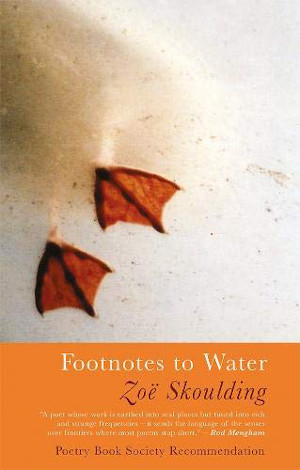
Footnotes to Water by Zoë Skoulding immediately rose to the surface, in part thanks to the quirky duck feet displayed on the cover as though glimpsed through ice. This quiet collection shines with Skoulding’s finesse – she plays with shape, form, punctuation and alliteration to paint an impression of rivers’ movements against your skull. Throughout, we’re invited to view water in its relation to human feats of engineering, and to compare our own dances and dalliances to that of a river, as in Observation Chamber, “where no light falls surface/ except * in pin-pricks on red water*” Gorgeous.
Skoulding writes of our attempts to confine and control rivers, and of the floods that follow rainfall: “wicking up cracks in plaster/ where the houses drink it in.”
Her rivers mirror our bodies; each striving to speak and make themselves heard, and each craving to explore beyond their outer edges. There’s something ancient in the descriptions surfacing here, even as Skoulding’s sculpted lines tether modernity: “There are/ three days of gathering clouds/ and the cheapest is free.”
The collection is divided into three parts too, with Adda, focused on Bangor’s covered river, followed by Heft, a word meaning, Skoulding explains in Notes & Acknowledgements, “localised knowledge passed on through generations of sheep” or “habitat”. At once, we’re redirected from webbed feet to hooves, celebrating the “twitching flanks”, “wild primrose eyes” and “the silences between.”
Part three is Teint, dreamt up during a Paris residency where the theme of habitat and hidden rivers is continued with the idea of movement, of sound and repetition carrying us back and forth and forth again, so that progress towards our conclusion is barely discernible yet inevitable. Each of these begins with what Skoulding is not describing: “Not flooded marsh but ice/ with skaters engraving/ continuous serifs/ on the halted waters.”
Skoulding examines how we sit against the world around us, as well as how we strive to make it fit around us.
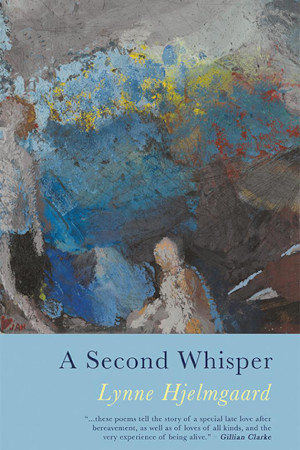
A Second Whisper by Lynne Hjelmgaard takes us on a different sort of journey: “It opens with the sweet lapping/ of water on a rock/ and closes gently where the tide/ has nowhere to run.”
A deep tenderness ripples through evocations of quiet intimacy. Examinations of time, memory and seasons thread stanzas with subtle fragrances – the smell of yellow autumn leans and the scent of old paper anchor hints of a richly sensuous life. There is humour in the fondness captured here: a baby magpie described as a “little trollop”, daffodils are “still hibernating”, and rats leave teethmarks “on apples and soap.”
Simultaneously, seemingly light lines shiver with feeling: “whenever it rains/ now or anywhere the rain/ stops everything/ to think of you.”
In Once, Hjelmgaard remembers a long friendship: “Now we write careful letters/ as if they are to lost versions/ of ourselves.” To me this describes the entire collection of thoughtful, inward-reaching poems, and we are privileged to be privy to them.
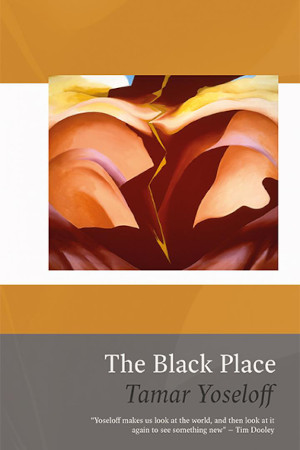 The Black Place, titled after Georgia O’Keefe’s name for a beloved yet desolate strip of land, is Tamar Yoseloff’s unflinching look at the subjects we shy from. Beginning with The C Word, “Not to be confused with the other c word/ that cuts at both ends”, the poet lets us know at once that the contents may challenge and delight in equal measure.
The Black Place, titled after Georgia O’Keefe’s name for a beloved yet desolate strip of land, is Tamar Yoseloff’s unflinching look at the subjects we shy from. Beginning with The C Word, “Not to be confused with the other c word/ that cuts at both ends”, the poet lets us know at once that the contents may challenge and delight in equal measure.
Touching on fairytales and mythology, Yoseloff treads a line where glib and godly rest side by side: “There is a God,/ at least a guy who’d buy a round/ for the lads outside The Pineapple.”
Elsewhere, in Darklight, Yoseloff harnesses words like the shooting stars she describes as making “a sound like a scratch in vinyl”. “Our lives are brief”, she reminds us, “like the bank of candles in cathedrals, each a flame for someone loved.”
It’s a comfort to cling to those stanzas as Yoseloff draws us onwards towards Cuts, and has us consider the bleakest of prophesies: “I’m an open book/ I want to close.”
There’s beauty in this collection, trussed to hope and a hunger for life. Perfect for days when dusk insists on arriving early.
All three titles are available to buy from Seren.
Seen or read anything interesting recently? I’d love to know. I’m always happy to receive reviews of books, art, theatre and film. To submit or suggest a review, please send an email to judydarley(at)iCloud.com. Likewise, if you’ve published or produced something you’d like me to review, get in touch.

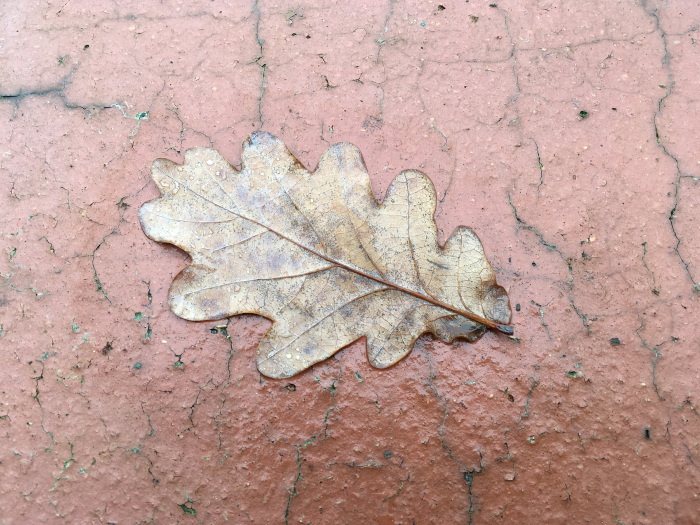 The beauty of this fallen leaf stopped me in my tracks. This November has been particularly exceptional, with drifts of gold, rust and crimson leaves appearing in every street.
The beauty of this fallen leaf stopped me in my tracks. This November has been particularly exceptional, with drifts of gold, rust and crimson leaves appearing in every street.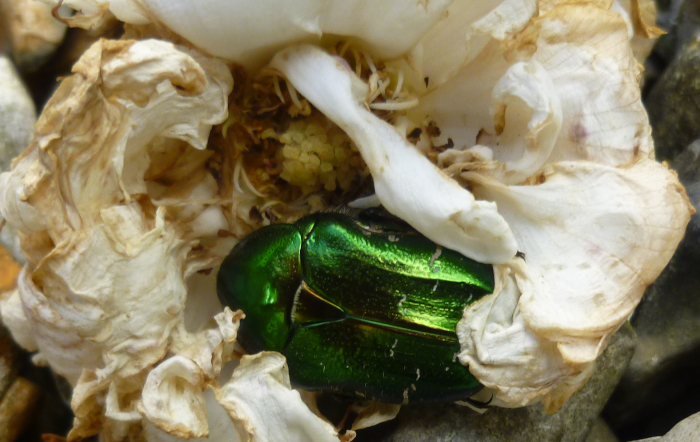 I’m excited to be sharing some of my tiniest tales at
I’m excited to be sharing some of my tiniest tales at 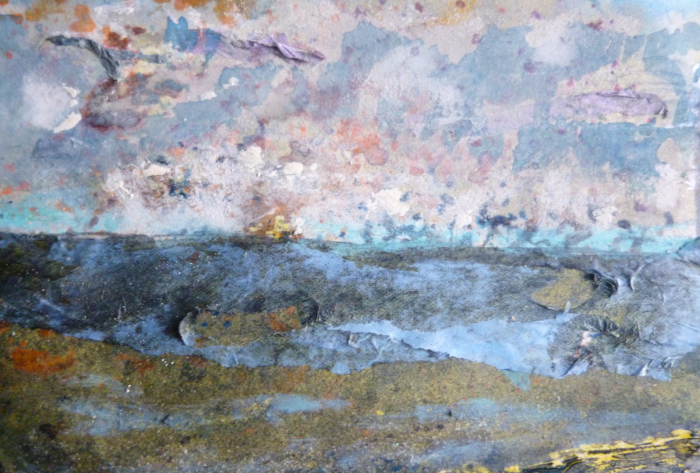 This is the third in a trio of writing prompts instigated by my new
This is the third in a trio of writing prompts instigated by my new  Got an idea for a project that aims to boost civic involvement in government decisions? The Commonwealth Foundation is seeking submissions for their grants programme. The Foundation in interested in supporting a pool of ideas for advancing societies and offers grants to help make these concepts a reality.
Got an idea for a project that aims to boost civic involvement in government decisions? The Commonwealth Foundation is seeking submissions for their grants programme. The Foundation in interested in supporting a pool of ideas for advancing societies and offers grants to help make these concepts a reality.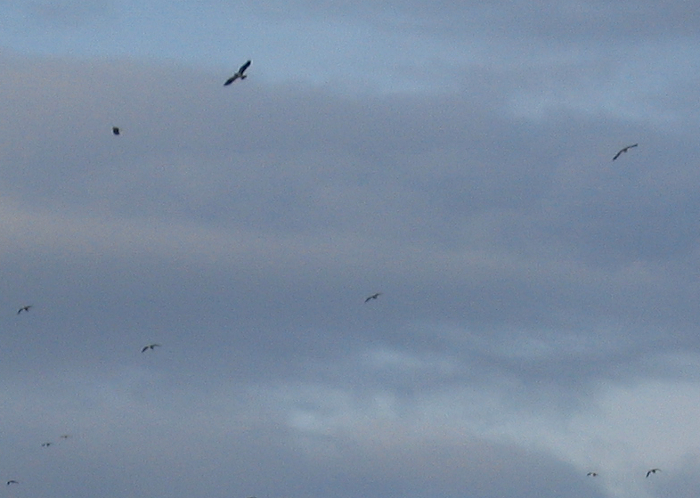 My story ‘Fascinate’ aired on
My story ‘Fascinate’ aired on 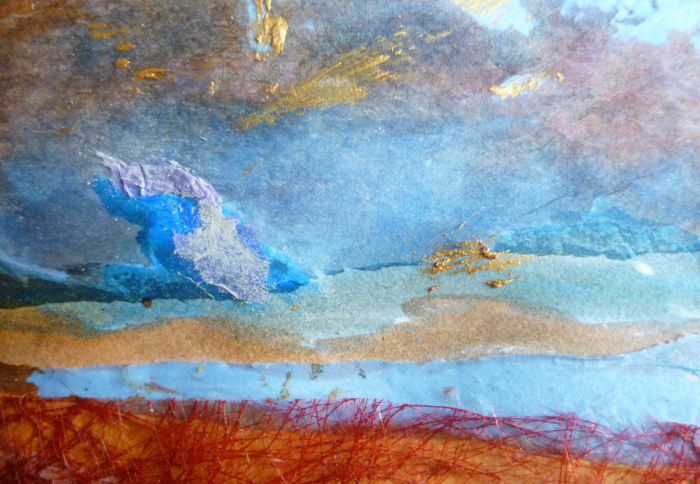 This is the second in a trio of writing prompts instigated by my new
This is the second in a trio of writing prompts instigated by my new 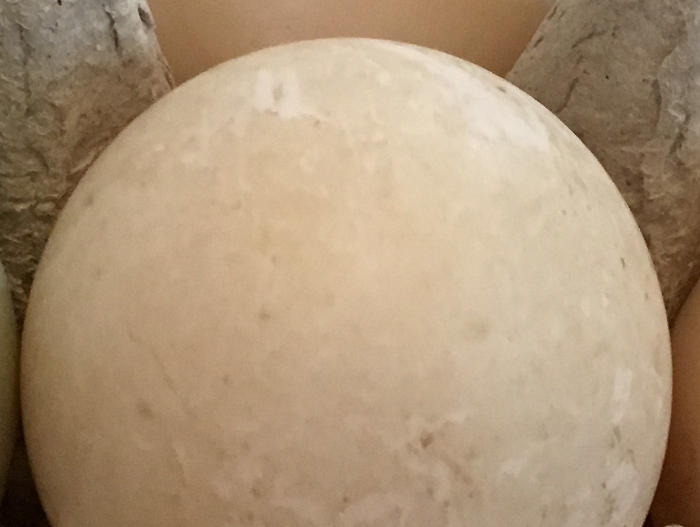 I’m so pleased to have my story ‘What We Talk About When We Talk About Owls‘ published in
I’m so pleased to have my story ‘What We Talk About When We Talk About Owls‘ published in 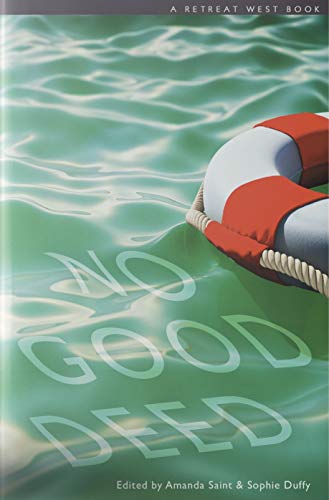 My story was inspired by the way discussions can skirt around the real issues within a family, so that the crucial point can be ignored in favour of chewing over less relevant or, frankly, more surreal topics.
My story was inspired by the way discussions can skirt around the real issues within a family, so that the crucial point can be ignored in favour of chewing over less relevant or, frankly, more surreal topics.